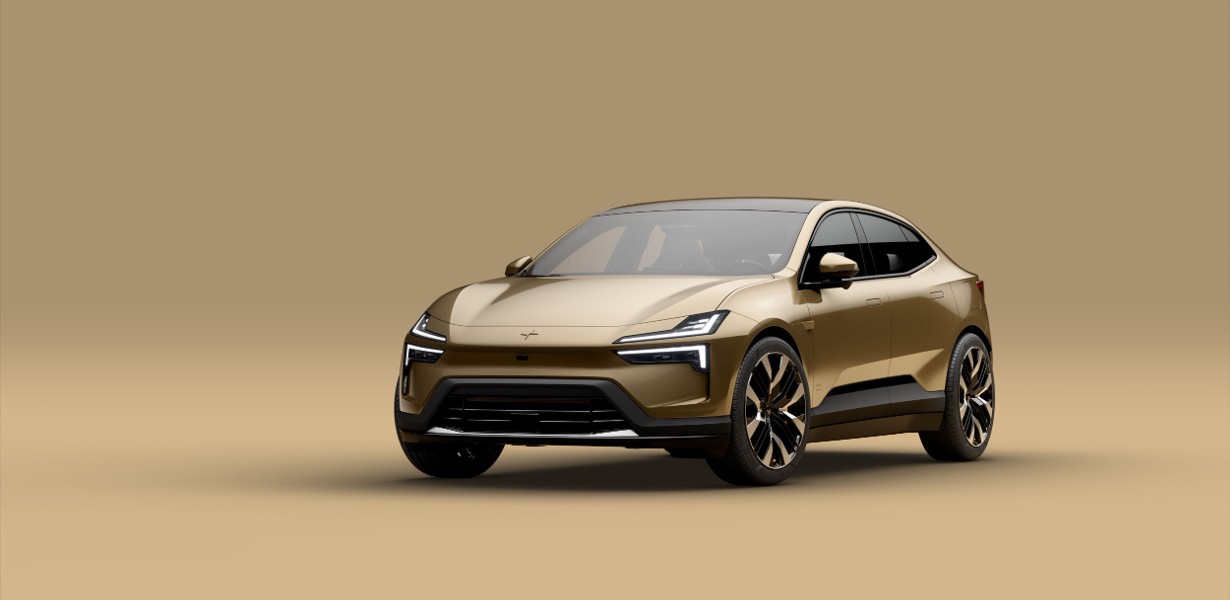
Electric Cars: A Paradigm Shift in Sustainable Transportation
- Post
- August 22, 2023
- Car Rentals, Electric Cars, Transportation
- 0 Comments
As advocates for sustainable technology, we delve into the world of electric cars, a transformative innovation that is reshaping the automotive landscape. From the race for the cheapest electric cars to the lap of luxury electric vehicles, this comprehensive guide explores the nuances, benefits, and considerations associated with electric vehicles.
The Evolution of Electric Cars
In recent years, the automotive industry has witnessed a remarkable evolution, with electric cars emerging as a promising alternative to conventional gasoline-powered vehicles. The driving force behind this shift lies in the urgency to reduce carbon emissions and combat climate change. Electric cars, often referred to as EVs, are powered by electricity stored in high-capacity batteries, making them a greener choice compared to their fossil fuel counterparts.
Key Benefits of Electric Cars
Environmental Friendliness: Electric cars produce zero tailpipe emissions, reducing air pollution and greenhouse gas emissions.
Lower Operating Costs: With fewer moving parts and lower maintenance requirements, electric cars offer cost savings over time.
Energy Efficiency: Electric motors are highly efficient, converting a higher percentage of energy from the grid to power at the wheels.
Instant Torque: Electric cars deliver instantaneous torque, providing swift acceleration and a responsive driving experience.
Quiet Operation: The near-silent operation of electric vehicles enhances driving comfort and reduces noise pollution.
Cheapest Electric Cars: Balancing Affordability and Quality
The pursuit of affordable electric cars has been a catalyst in making electric mobility accessible to a wider audience. Manufacturers are increasingly focusing on developing entry-level EVs without compromising on quality. Here are some of the most noteworthy contenders in the race for the cheapest electric cars:
Nissan Leaf: With its impressive range and accessible pricing, the Nissan Leaf has become a popular choice among budget-conscious EV enthusiasts.
Renault Zoe: The Renault Zoe combines affordability with a stylish design, making it an attractive option for urban driving.
Chevrolet Bolt EV: This American electric car offers a compelling mix of affordability and practicality, making it a strong competitor in the market.
Luxury Electric Cars: Redefining Opulence with Sustainability
The convergence of luxury and sustainability has given rise to a new breed of electric vehicles that cater to discerning consumers seeking both performance and eco-friendliness. These luxury electric cars exemplify opulence while treading lightly on the environment:
Tesla Model S: Widely regarded as a pioneer in the luxury EV segment, the Tesla Model S boasts impressive range, acceleration, and cutting-edge technology.
Audi e-tron: Audi’s foray into electric mobility is marked by the e-tron, a premium SUV that offers a blend of sophistication and electric power.
Porsche Taycan: Combining Porsche’s legacy of performance with electric propulsion, the Taycan sets new standards for luxury electric sports cars.
Charging Infrastructure: Paving the Way for Long-Distance Travel
One of the critical aspects in the adoption of electric cars is the availability of charging infrastructure. Charging stations, ranging from home charging units to public fast chargers, play a pivotal role in alleviating range anxiety and promoting long-distance travel. To address this concern, governments and private entities are collaborating to expand the charging network, making electric car ownership more convenient and feasible. The advancement of fast-charging technology is significantly reducing charging times, further enhancing the appeal of electric cars for various lifestyles.
Overcoming Challenges: Range Anxiety and Battery Technology
While electric cars offer numerous advantages, some challenges persist. Range anxiety, the fear of running out of battery power before reaching a charging station, has been a common concern among potential buyers. However, advancements in battery technology have led to increased energy density and longer ranges, mitigating this challenge. Battery technology continues to evolve rapidly, with research focused on improving charging speeds, cycle life, and overall performance. As technology advances, electric cars are poised to become even more practical and accessible for everyday use.
Final words
Electric cars are ushering in a new era of sustainable transportation, with both affordable and luxury options that cater to diverse consumer preferences. The automotive industry’s commitment to innovation is driving the development of electric vehicles that not only reduce our carbon footprint but also elevate the driving experience. As the world shifts towards a cleaner and greener future, electric cars stand at the forefront of this transformative journey.
Commonly Asked Questions
Q1: Are electric cars more expensive to maintain than traditional vehicles?
A: Electric cars generally have lower maintenance costs due to fewer moving parts and reduced wear and tear on components like brakes and transmissions.
Q2: How far can I drive on a single charge?
A: The range varies depending on the model and battery capacity. Modern electric cars offer ranges that comfortably cover most daily commutes and more.
Q3: What incentives are available for electric car buyers?
A: Many countries offer incentives such as tax credits, rebates, and access to carpool lanes to encourage electric car adoption.
Q4: How long does it take to charge an electric car?
A: Charging times vary based on the charging station’s power output. Fast chargers can provide a significant charge in as little as 30 minutes.
Q5: Are there enough charging stations for long trips?
A: The charging infrastructure is rapidly expanding, making long-distance travel in electric cars increasingly viable. Planning routes with charging stations is now easier than ever.






